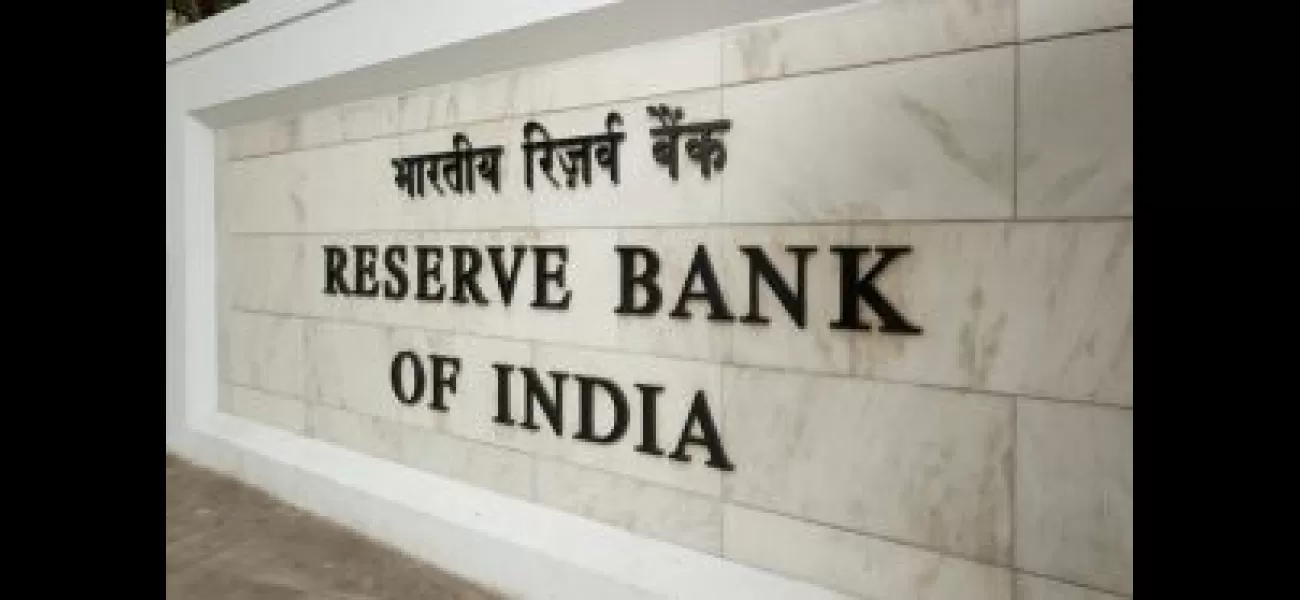New draft rules from RBI aim to simplify trade deals involving exports and imports.
RBI introduces new draft regulations to simplify foreign trade transactions and improve services for small exporters and importers.
July 2nd 2024.

On Tuesday, the Reserve Bank of India (RBI) announced new draft regulations and directions that aim to make foreign trade transactions easier for small exporters and importers. This move is part of the RBI's efforts to promote the ease of doing business and empower Authorised Dealer banks to provide faster and more efficient services to their foreign exchange customers.
The RBI also stated that these new regulations are in line with their ongoing efforts to progressively liberalize policies governing foreign exchange transactions under the Foreign Exchange Management Act (FEMA), 1999. These regulations will cover both export and import transactions, making the process smoother and more streamlined for businesses.
To ensure transparency and gather feedback from the public, the RBI has made the draft regulations and directions available on their website. They are encouraging individuals and businesses to send in their comments and suggestions via email by September 1, 2024, with the subject line "Feedback on draft regulations and directions on export and import under FEMA." This open communication and collaboration with the public will help the RBI make informed decisions and create regulations that benefit everyone.
In addition to promoting the ease of doing business, these new regulations also aim to make the process more efficient for Authorised Dealer banks. By empowering them to provide quicker and more efficient services, the RBI is not only supporting businesses but also facilitating smoother operations within the banking sector.
Overall, the RBI's new draft regulations and directions are a step towards creating a more conducive environment for foreign trade transactions in India. They are actively seeking feedback from the public to ensure that these regulations are in the best interest of all stakeholders.
The RBI also stated that these new regulations are in line with their ongoing efforts to progressively liberalize policies governing foreign exchange transactions under the Foreign Exchange Management Act (FEMA), 1999. These regulations will cover both export and import transactions, making the process smoother and more streamlined for businesses.
To ensure transparency and gather feedback from the public, the RBI has made the draft regulations and directions available on their website. They are encouraging individuals and businesses to send in their comments and suggestions via email by September 1, 2024, with the subject line "Feedback on draft regulations and directions on export and import under FEMA." This open communication and collaboration with the public will help the RBI make informed decisions and create regulations that benefit everyone.
In addition to promoting the ease of doing business, these new regulations also aim to make the process more efficient for Authorised Dealer banks. By empowering them to provide quicker and more efficient services, the RBI is not only supporting businesses but also facilitating smoother operations within the banking sector.
Overall, the RBI's new draft regulations and directions are a step towards creating a more conducive environment for foreign trade transactions in India. They are actively seeking feedback from the public to ensure that these regulations are in the best interest of all stakeholders.
[This article has been trending online recently and has been generated with AI. Your feed is customized.]
[Generative AI is experimental.]
0
0
Submit Comment





